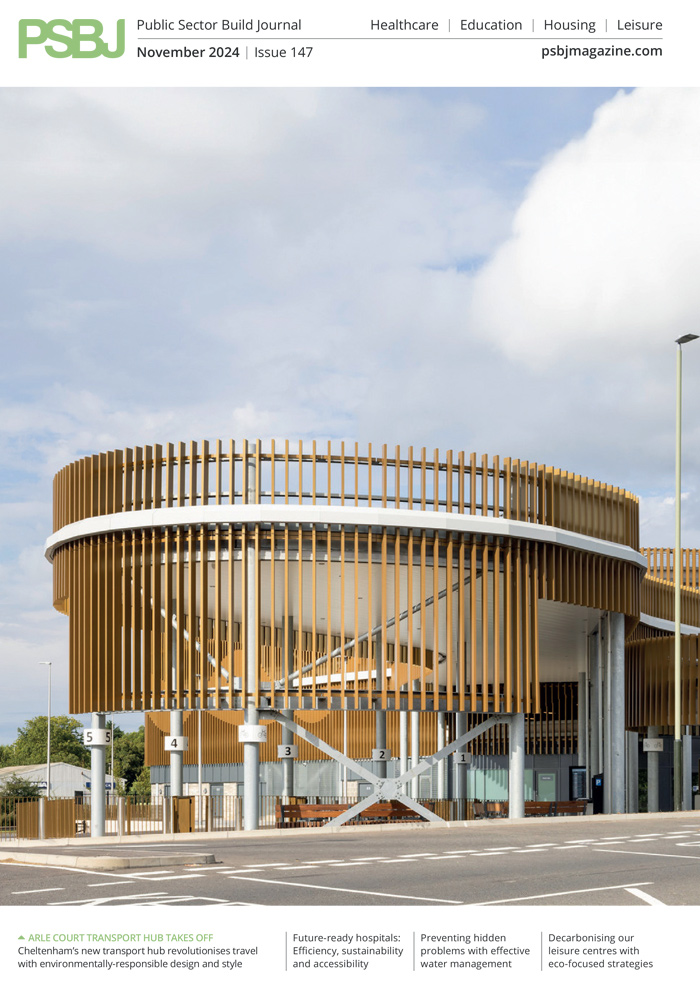‘Climate emergency’ and ‘plastic pollution’ are not often phrases you hear together in relation to drainage. However, the two issues are now inextricably linked as we see local authorities and contractors look for more sustainable solutions as part of their CSR efforts, and environment agencies up the ante in flood defences by incorporating better drainage systems into new residential and highways construction, says Phil Sutton, Director & Founder of Econpro.
EconPro
Certainly, we have observed an increasing interest in sustainable alternatives which help drive the construction industry towards a circular economy. Since 2003, we’ve witnessed a gradual increase in both public and private sector organisations recognising the need to reduce their carbon footprint in line with the EU’s commitment to be carbon-neutral by 2050. For example, Hampshire County Council recently announced that its highway contractor, Skanska, was to trial plastic kerbs as part of its move to reduce carbon emissions.
The rising popularity of plastic – in particular, recycled plastic – in the construction industry is down to the material’s incredible durability, versatility and cost-efficiency. And when you team those three qualities with the ease in which it can be handled, it means that construction of drainage for new developments and highways becomes a much simpler and safer process too. Plastic is such a lightweight material so it can be easily handled; plus, it doesn’t rot or need painting, meaning it also requires less skilled labour during handling and installation.
In fact, from a worker safety perspective, using recycled plastic materials can’t be bettered. Musculoskeletal problems in construction workers are commonly caused by regular lifting and carrying of heavy loads. The HSE reports that on average, 2310 workers per 100,000 in the UK building industry suffered musculoskeletal disorders between 2015 and 2018. Using drainage systems made from recycled plastic instead of concrete can reduce the weight by 90%, meaning they can be manually installed without the need for heavy lifting equipment. At the same time, recycled plastic does not contain known carcinogenic, respirable crystalline silica (RDC), which is responsible for the deaths of approximately 450 construction workers per year, according to the HSE’s cancer burden study.
Operationally, the benefits are obvious when you examine drainage systems made from recycled plastics compared to traditional concrete composites. However, if this more environmentally- and user-friendly alternative is not officially specified, it is unlikely to be adopted across the board.
Local authorities and contractors need to know that recycled plastic drainage is just one of many products available to the industry that could really change public and private sector building industries. These range from kerbing to asphalt – all using lightweight materials like recycled plastic that can significantly reduce the carbon footprint of a project. We shouldn’t be afraid to use it as a means of making infrastructure more sustainable: it is a very valuable resource with a vast number of benefits, it just needs to be managed in the right way.








